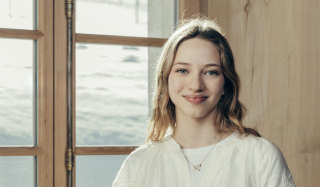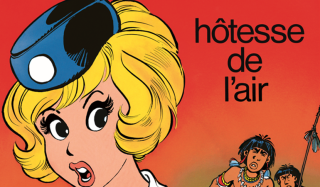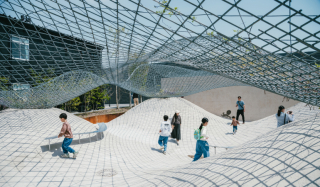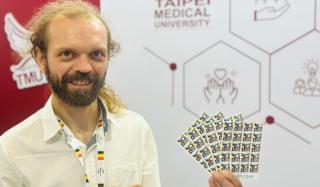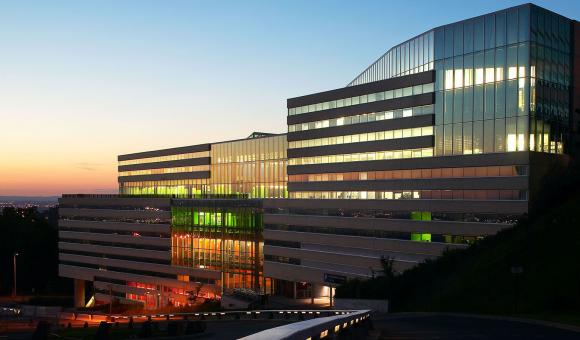
A spin-off of the Université catholique de Louvain (UCL), Axinesis has recently signed a research partnership agreement with Polytechnique Montréal and the Sainte-Justine University Hospital Research Center in Montreal, Canada. This med-tech start-up develops and markets the REAplan, a robot companion dedicated to neurological rehabilitation for adults with stroke-related upper-limb handicaps or children with cerebral palsy (CP).
"We are excited to enter into this partnership with such a renowned research centre as the RECAP. The skills of Dr Raison’s research teams will allow us to nourish prospects of future research carried out in collaboration with the Marie Enfant Rehabilitation Centre," said Eric Hanesse, CEO of Axinesis.
"Thanks to its REAplan rehabilitation robot, Axinesis offers us extremely rich avenues of exploration in terms of personalised treatment with rehabilitation robots," said Professor Maxime Raison, Director of the Research Chair in Pediatric Rehabilitation Engineering.
"With REAplan, Axinesis also brings us enormous potential for making the most of the most advanced artificial intelligence techniques for real-time interaction between humans and robots," added Professor Sofiane Achiche, director of the CoSIM Intelligent and Mecatronic System Design Laboratory (Conception de Systèmes Intelligents et Mécatroniques).
Axinesis has a clear mission: improving the functional recovery of patients with the help of innovative and accessible technologies designed to rehabilitate the upper limbs of patients with brain damage. The company markets an interactive and self-adapting robotic medical device called REAplan, which brings together robotics and therapeutic play, the goal being to improve upper-limb rehabilitation through personalised assistance with patient arm movement. More specifically, the intensity of repeated movements allowed by REAplan optimises the neural reorganisation process, or neuroplasticity, in the wake of brain injuries, thereby contributing to motor development in children with cerebral palsy and adult stroke victims.
